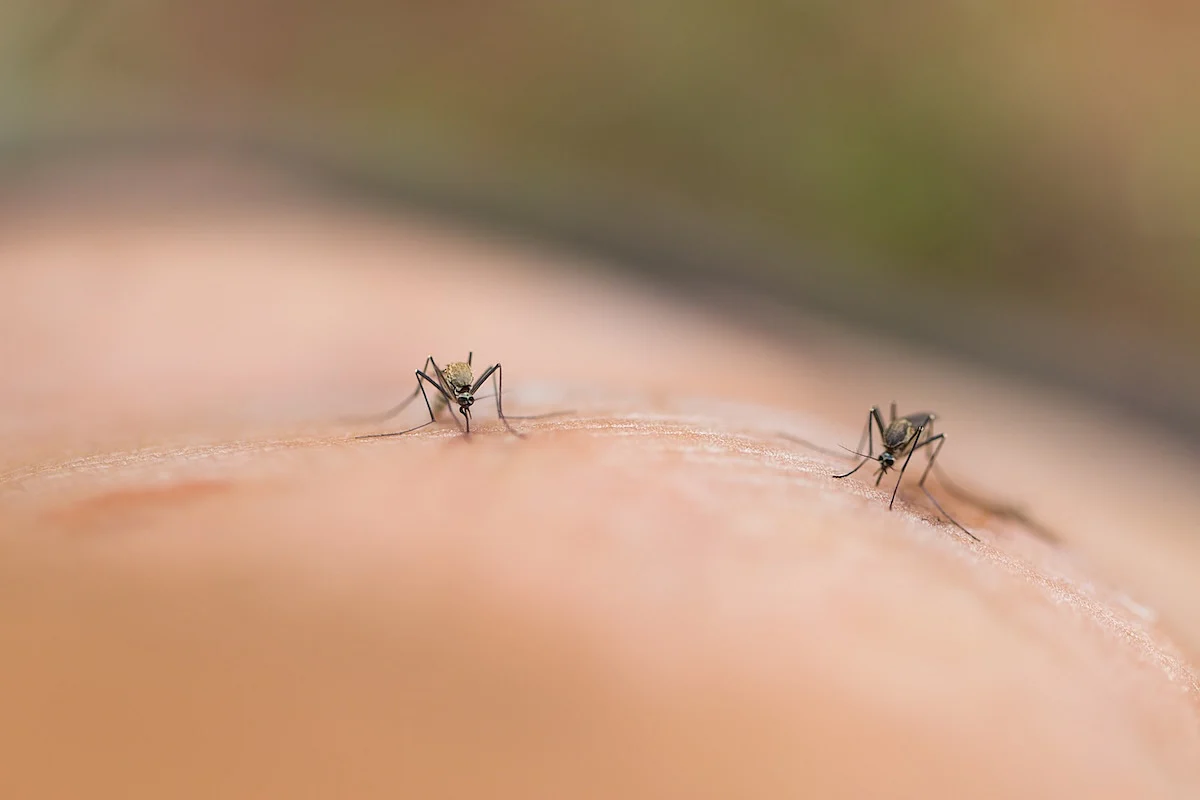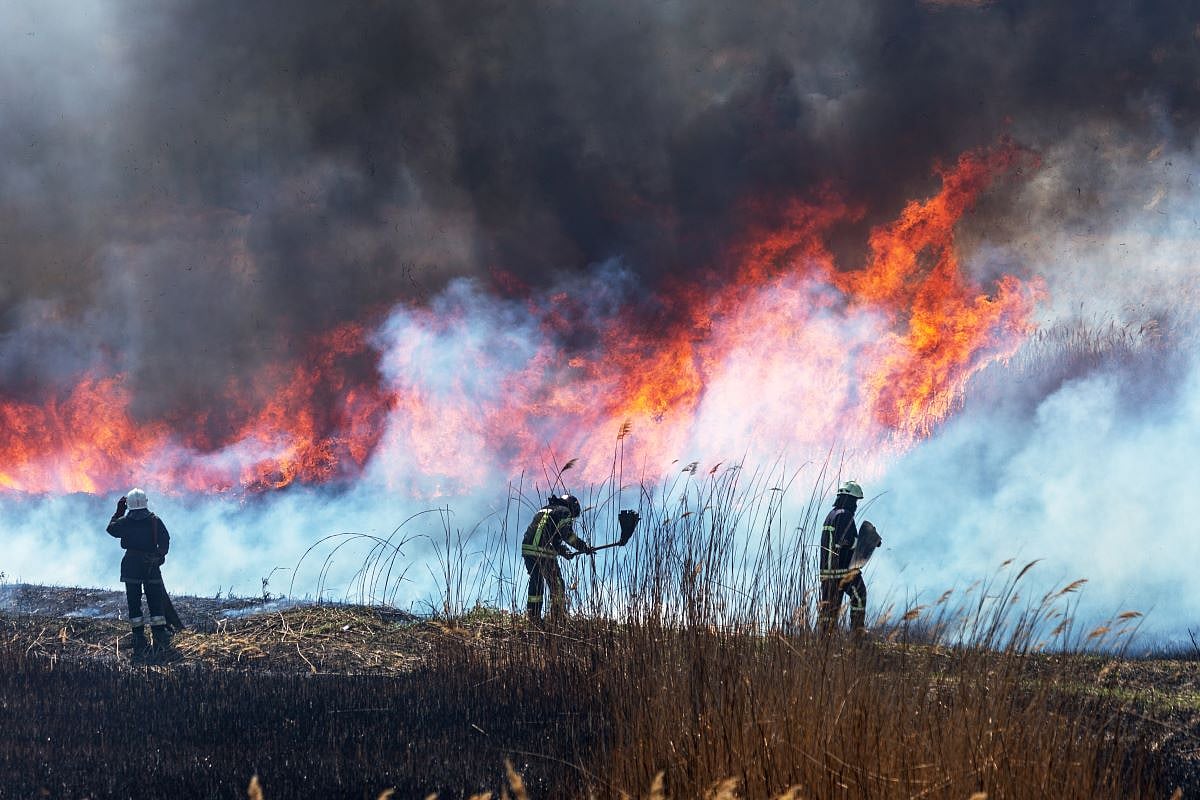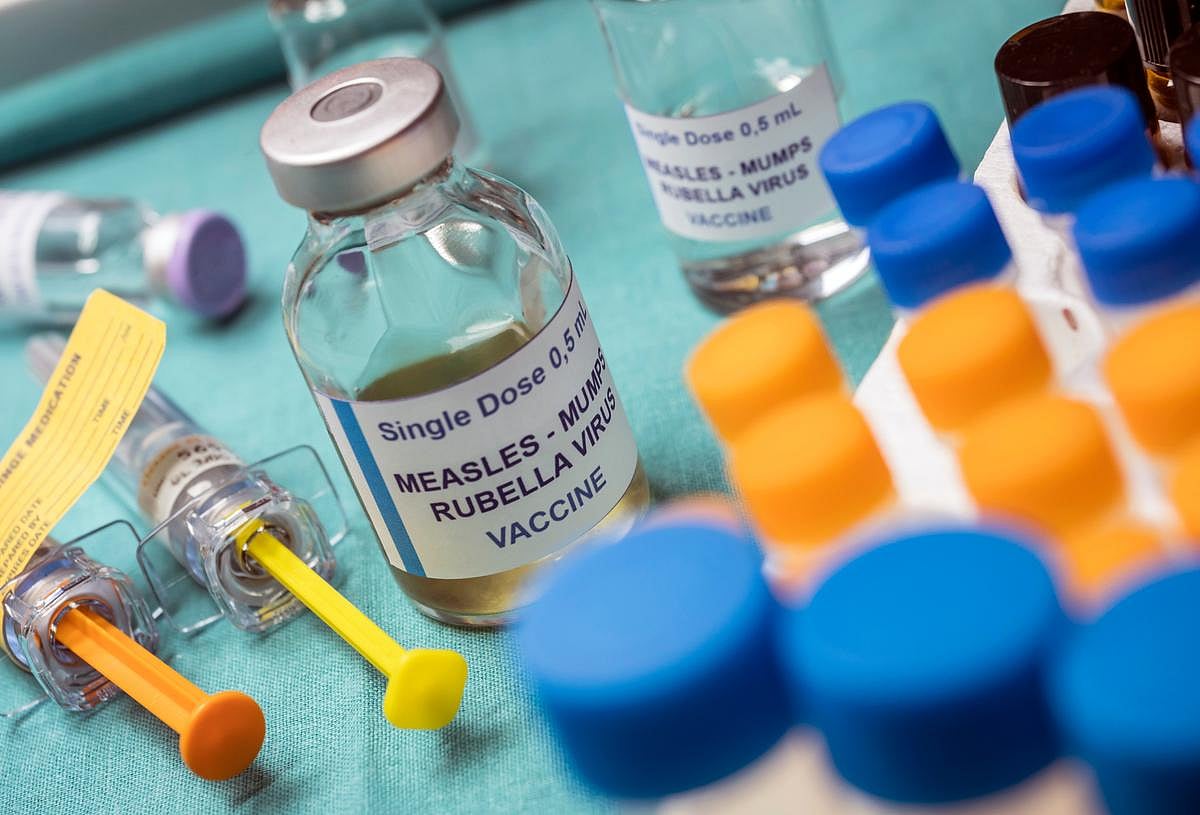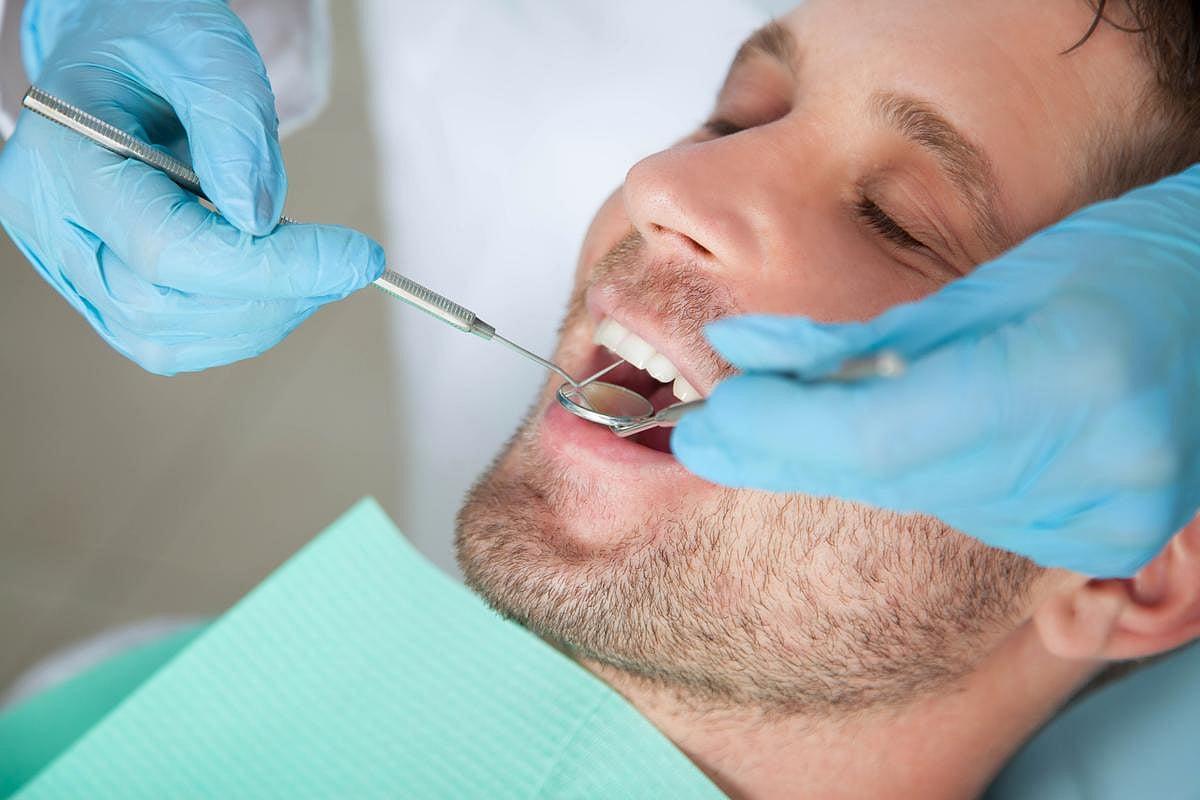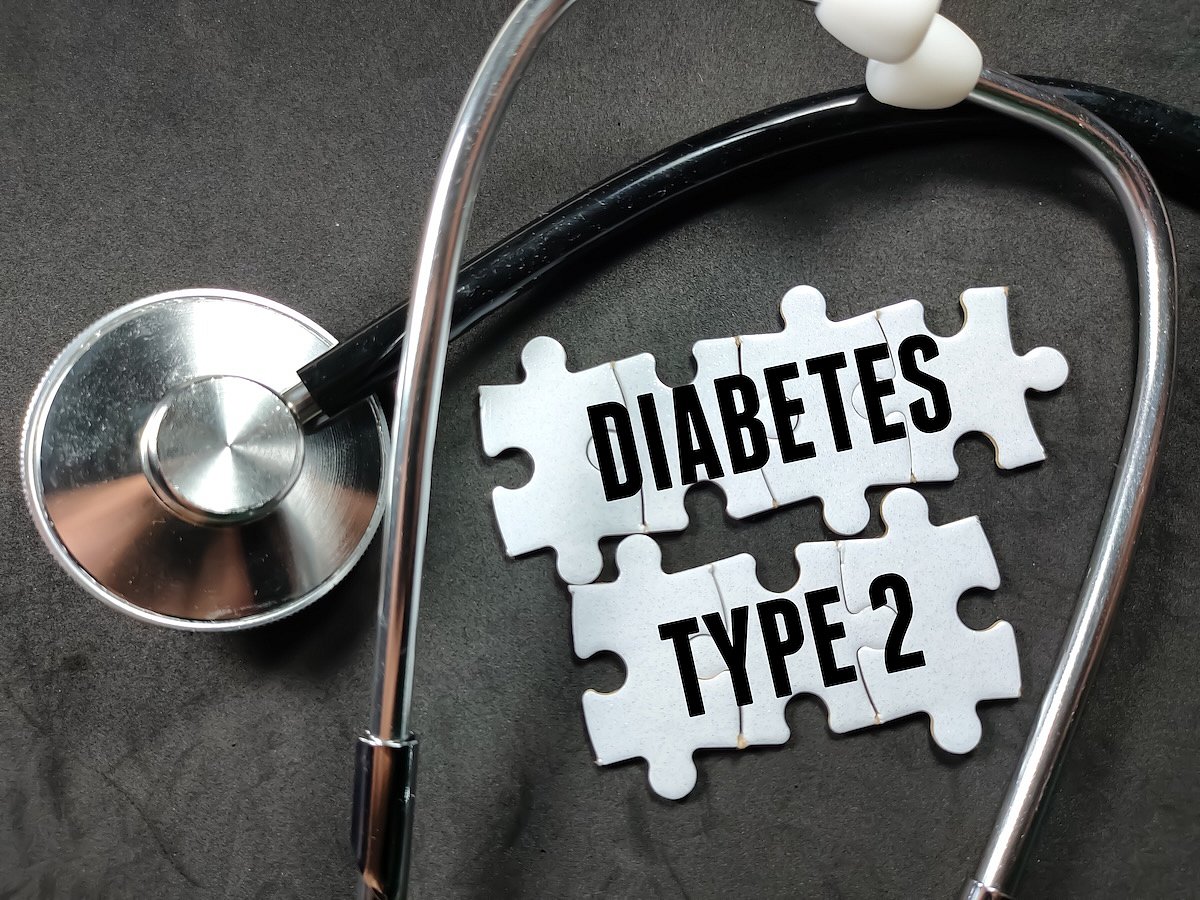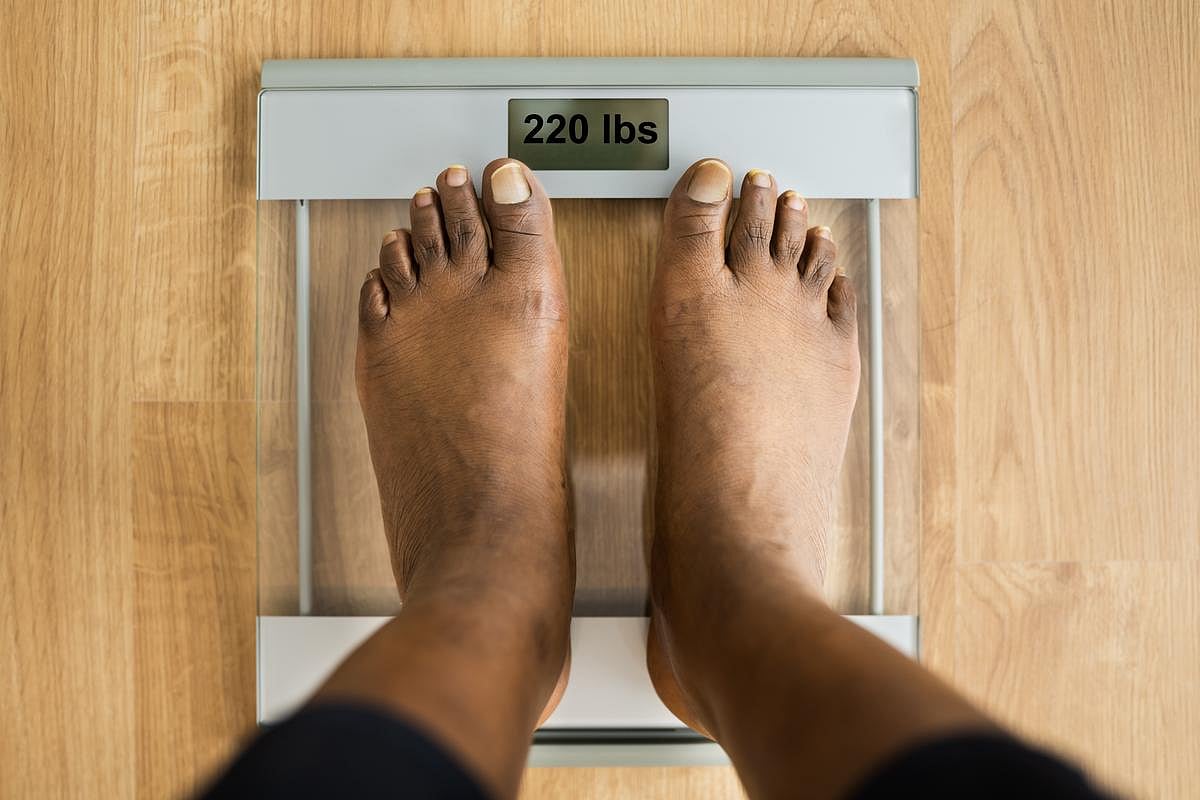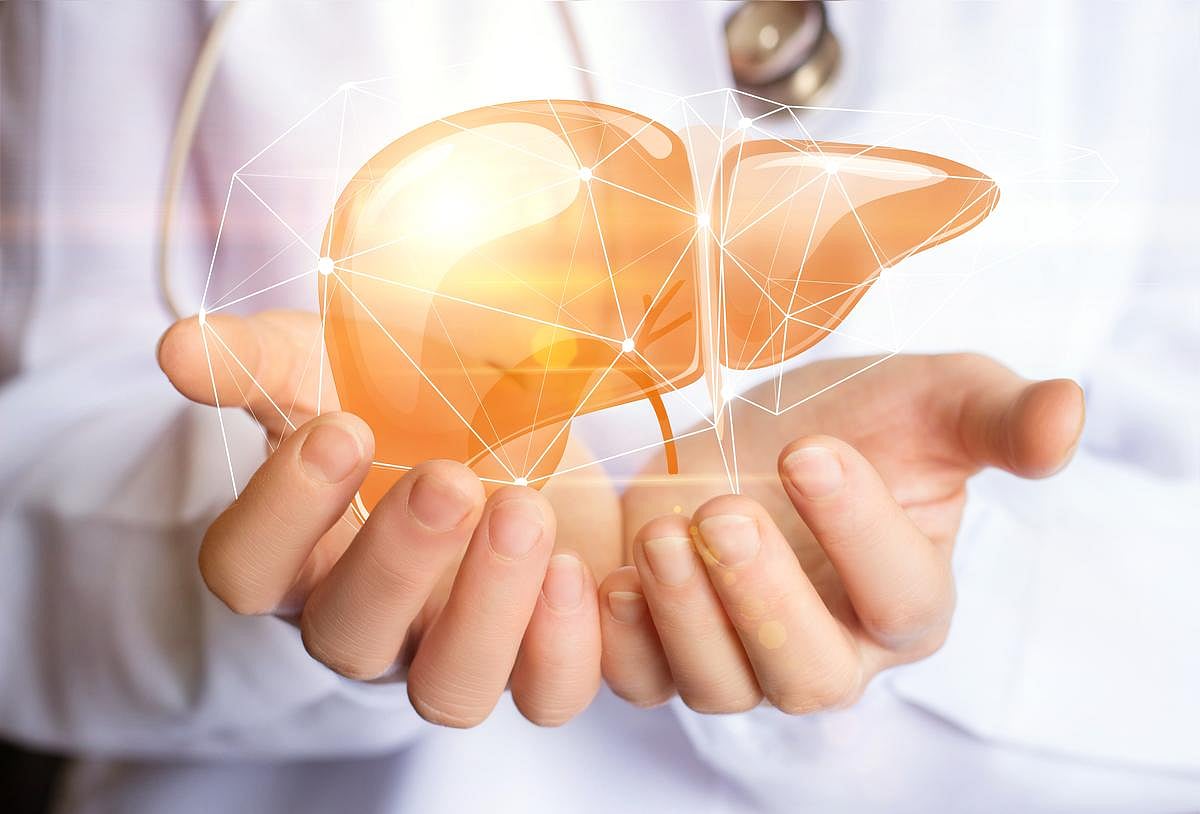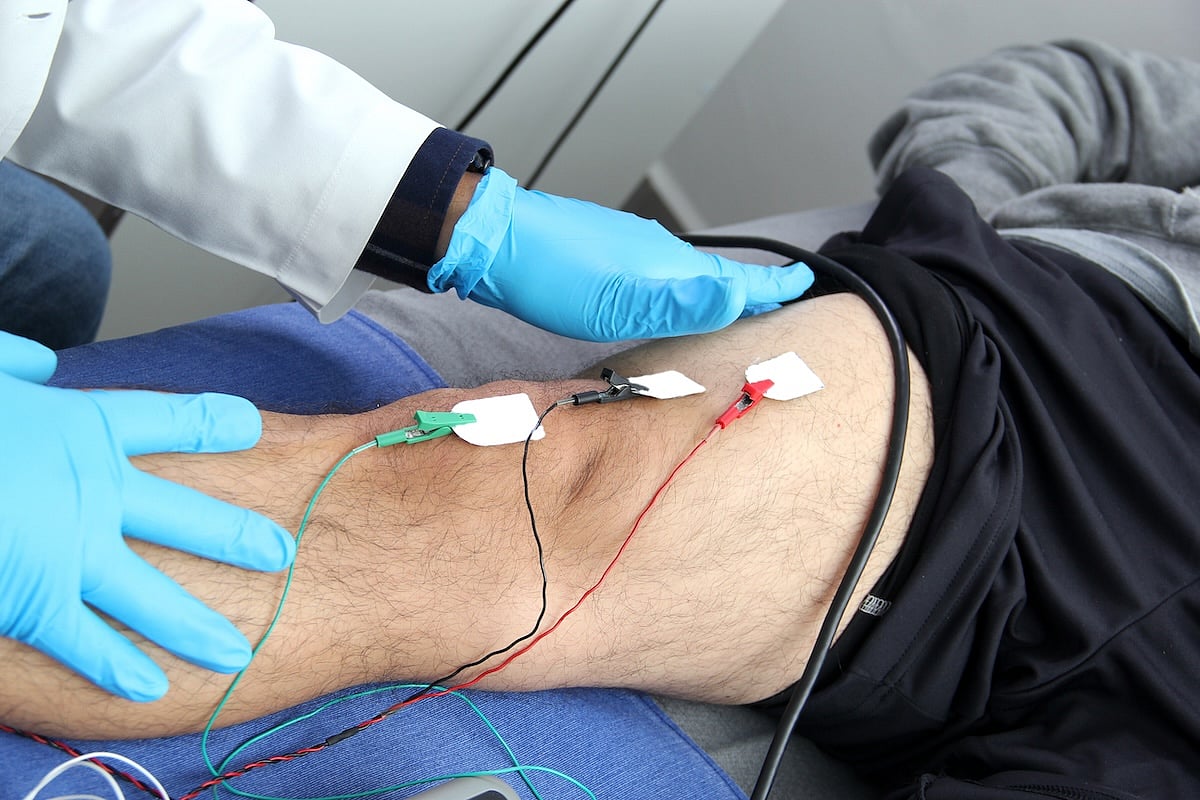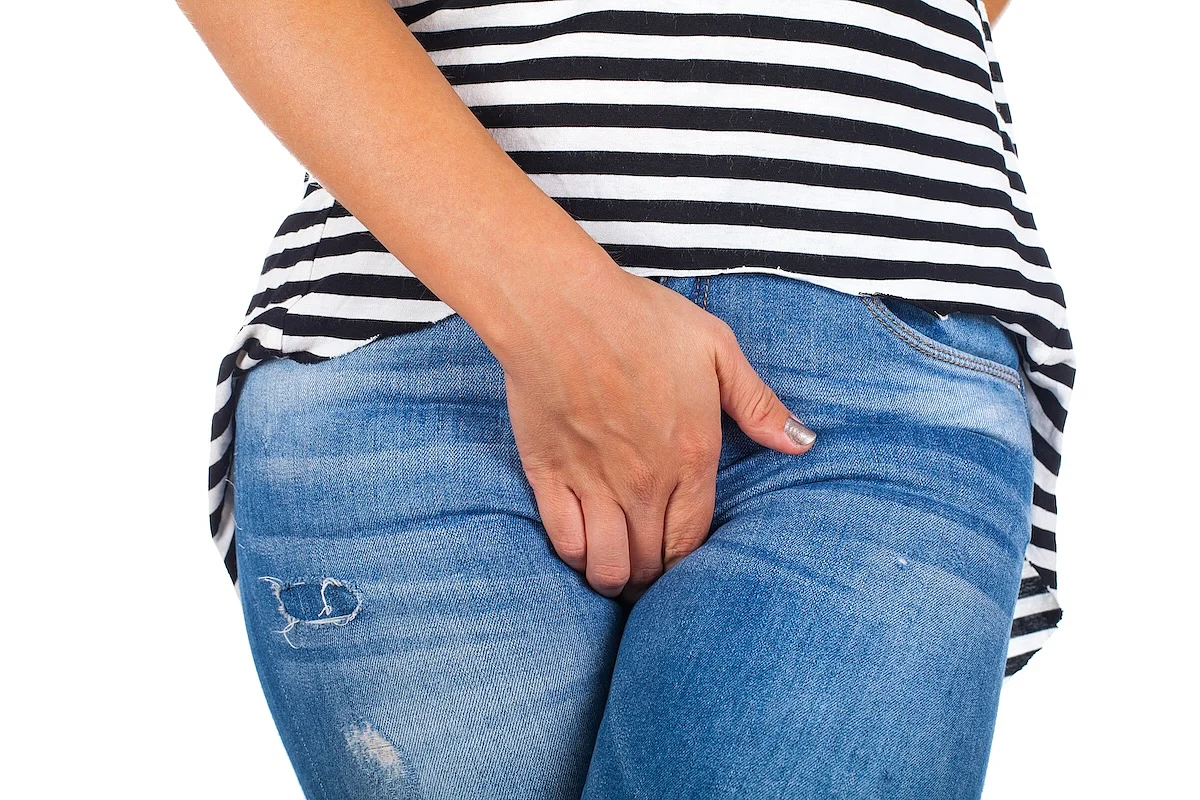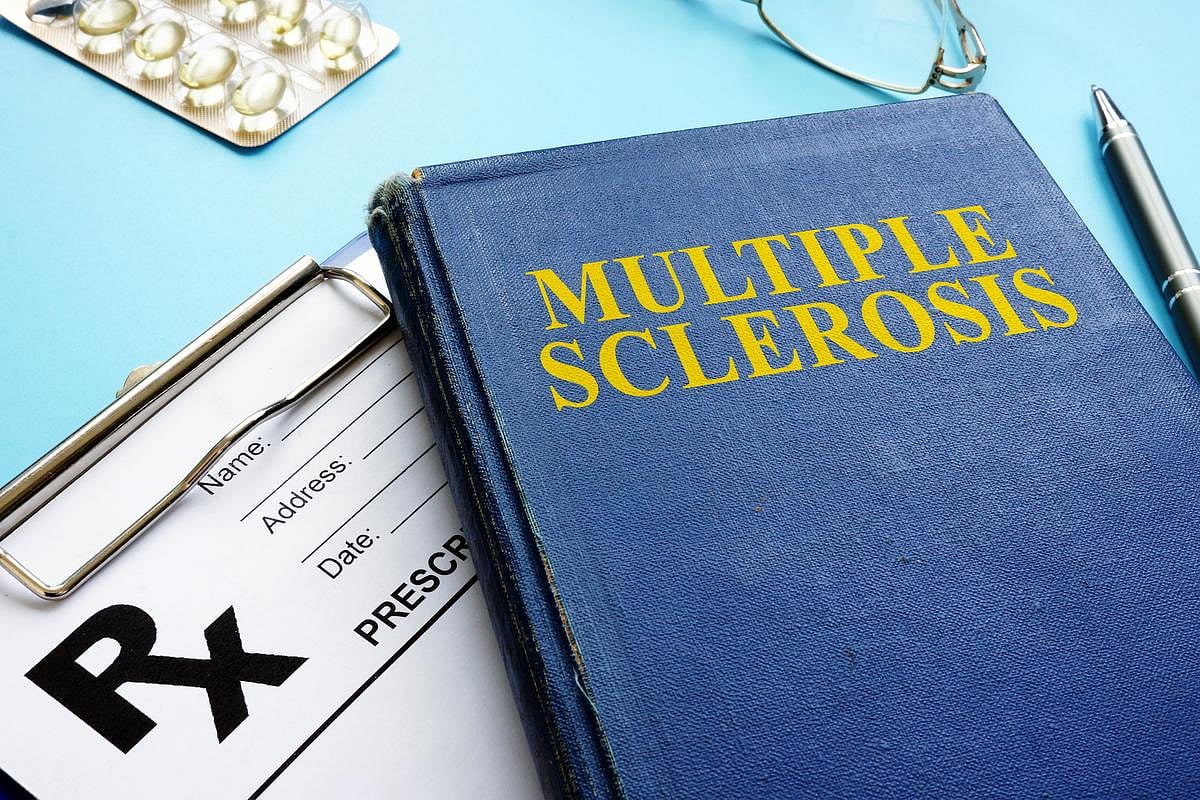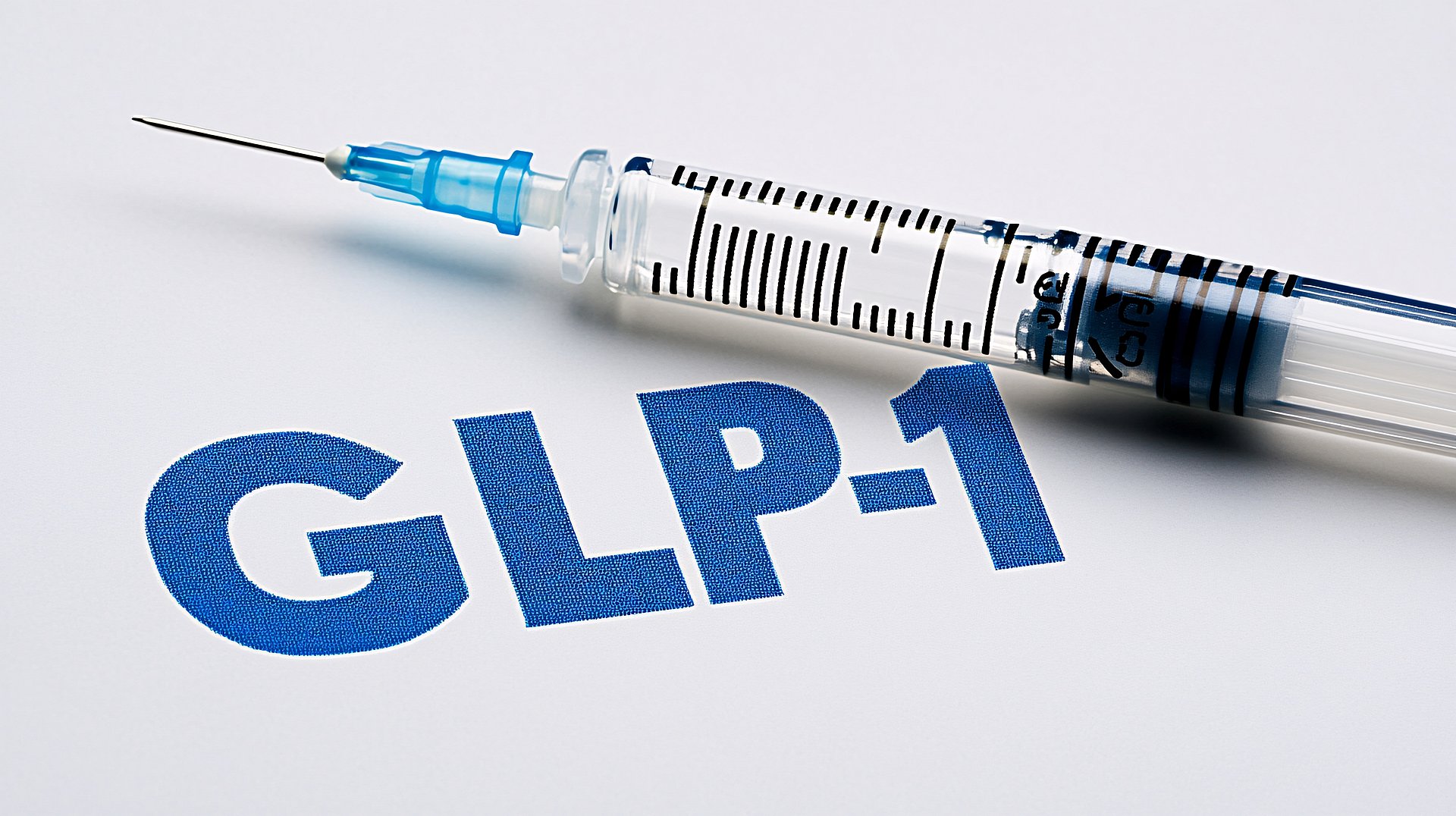Manténgase sano!
Mantenerse informado(a) promueve la buena salud. Manténgase al día con las últimas noticias médicas encontradas aquí.
19 Sep
Soccer Headers May Affect Brain Structure and Memory
New research links frequent soccer heading with changes deep within the folds of the brain -- in an area involved in thinking and memory.
18 Sep
U.S. Alcohol Deaths Reach 25-Year High. Young Women Hit Hardest
A new study finds alcohol-related deaths in the U.S. have nearly doubled over the past 25 years, with the sharpest increase during the COVID-19 pandemic.
17 Sep
Marijuana Use May Spike Type 2 Diabetes Risk
A new study finds pot users are nearly 4 times more likely to develop type 2 diabetes compared to the general public.
Helping Your Child with Constipation: A Pediatrician's Advice
When a child struggles with constipation, it can be a source of frustration and discomfort for the whole family. But a leading pediatric expert offers a clear guide to understanding and treating this common issue.
According to Dr. Jaya Punati, a neurogastroenterologist and co-director of the Colorectal and Pelvic Anomalies Program at Child...
- Deanna Neff HealthDay Reporter
- |
- September 21, 2025
- |
- Página completa
Why Mosquitos Might Be Attracted To You
Researchers in the Netherlands turned a major music festival into an unexpected laboratory to investigate a question that has long puzzled scientists and bug-bitten individuals alike: What makes some people more irresistible to mosquitoes than others?
For three consecutive days at the Lowlands festival in Biddinghuizen, Netherlands, scient...
- Deanna Neff HealthDay Reporter
- |
- September 20, 2025
- |
- Página completa
Wildfire Smoke Now Kills 41,000 Americans a Year, Study Finds
Every summer, hazy skies and the smell of burning wood remind Americans that wildfires affect far more than just the communities where they ignite.
Their smoke drifts for hundreds, even thousands of miles, darkening the air in cities across the nation. But the health impact goes far beyond watery eyes and coughs.
A new study shows wi...
- I. Edwards HealthDay Reporter
- |
- September 19, 2025
- |
- Página completa
Organ Donation Agency Could Be First Ever Shut Down by U.S. Government
Federal health officials have moved to close down a Miami-based organ donation agency, citing unsafe practices, missed donations and critical paperwork errors.
The Life Alliance Organ Recovery Agency, part of the University of Miami Health System, is one of 55 nonprofit organ procurement organizations (OPOs) in the United States.
Th...
- I. Edwards HealthDay Reporter
- |
- September 19, 2025
- |
- Página completa
CDC Advisers Limit MMRV Combo Vaccine, Delay Hepatitis B Vote
Top vaccine advisers hand-selected by Health Secretary Robert F. Kennedy Jr. voted Thursday to limit the use of a combination shot that protects against measles, mumps, rubella and chickenpox.
By an 8 to 3 vote, with one person abstaining, the Advisory Committee on Immunization Practices (ACIP) recommended that the combined MMRV vaccine no...
- I. Edwards HealthDay Reporter
- |
- September 19, 2025
- |
- Página completa
West Coast States Issue Their Own COVID, Flu, RSV Vaccine Rules
Four Western states are taking a different approach from the U.S. Centers for Disease Control and Prevention (CDC) on vaccines for COVID-19, flu and RSV.
California, Hawaii, Oregon and Washington — now working together as the West Coast Health Alliance — issued joint guidance Wednesday encouraging broader vaccine use than what&...
- I. Edwards HealthDay Reporter
- |
- September 19, 2025
- |
- Página completa
Mouth Microbes Might Contribute To Pancreatic Cancer
A person’s risk of pancreatic cancer might be tied to the microbes living in their mouths, a new study says.
People have a more than tripled risk of pancreatic cancer if their mouths contain 27 types of bacteria and fungi, including some directly linked to gum disease, researchers reported Sept. 18 in JAMA Oncology.
&l...
- Dennis Thompson HealthDay Reporter
- |
- September 19, 2025
- |
- Página completa
Sepsis Risk Doubled With Type 2 Diabetes
Type 2 diabetes appears to double a person’s risk for life-threatening sepsis, a new study says.
Men and people under 60 with diabetes are particularly at risk for sepsis, a condition in which the immune system overreacts to infection, researchers reported this week at the annual meeting of the European Association for the Study of D...
- Dennis Thompson HealthDay Reporter
- |
- September 19, 2025
- |
- Página completa
Weight-Loss Surgery Outperforms GLP-1 Drugs, Study Argues
Cutting-edge drugs like Ozempic and Zepbound are all the rage for dropping excess pounds, but weight-loss surgery might have a better impact on people’s health, a new study says.
People who had weight-loss surgery lost more weight, lived longer and faced fewer serious health problems compared to those prescribed GLP-1 drugs, research...
- Dennis Thompson HealthDay Reporter
- |
- September 19, 2025
- |
- Página completa
GLP-1 Pill Effective For Weight Loss, Clinical Trials Show
An effective weight-loss pill to rival injectable drugs like Ozempic and Zepbound might be on the horizon, clinical trial results show.
An experimental GLP-1 pill called orforglipron promoted substantial weight loss without the need for weekly injections, according to final clinical trial results published Sept. 16 in The New England J...
- Dennis Thompson HealthDay Reporter
- |
- September 19, 2025
- |
- Página completa
Three Health Conditions Raise Death Risk For Fatty Liver Disease
People with fatty liver disease are more likely to die early if they have one of three additional health problems, a new study says.
High blood pressure, diabetes and low levels of “good” HDL cholesterol all increase the risk of death for people with fatty liver disease, researchers reported Sept. 17 in the journal Clinical...
- Dennis Thompson HealthDay Reporter
- |
- September 19, 2025
- |
- Página completa
Neuromuscular Disease Care Is Entering a New Era of Hope and Innovation
Every movement we make, whether walking, speaking or even breathing, depends on the health of our muscles and nerves.
For people living with one of the more than 300 rare conditions known as neuromuscular diseases (NMDs), those everyday actions can become extraordinary challenges.
While these diseases such as muscular dystrophies, ...
- Brian Lin, PhD, Research Portfolio Director at the Muscular Dystrophy Association (MDA) HealthDay Reporter
- |
- September 19, 2025
- |
- Página completa
Orange B Food Dye May Soon Be Removed From U.S. Market, FDA Says
Federal health officials want to take Orange B — an artificial food dye that hasn’t been used in more than four decades — off the books.
The U.S. Food and Drug Administration (FDA) announced that it plans to repeal regulations that have allowed the synthetic dye in the food supply since 1966.
Orange B was once...
- I. Edwards HealthDay Reporter
- |
- September 18, 2025
- |
- Página completa
Hall-of-Famer Dan Marino Shares 20-Year Struggle With Liver Disease
Football legend Dan Marino has disclosed that he has been living with a serious liver condition for nearly 20 years.
The former Miami Dolphins quarterback said that by making major lifestyle changes, he feels optimistic about his health.
Marino, 64, told People magazine that he was diagnosed in 2007 with metabolic dysf...
- I. Edwards HealthDay Reporter
- |
- September 18, 2025
- |
- Página completa
OpenAI Launches Teen-Safe ChatGPT With Parental Controls
Teenagers chatting with ChatGPT will soon see a very different version of the tool — one built with stricter ways to keep them safe online, OpenAI announced.
The new safeguards come as regulators increase scrutiny of chatbots and their impact on young people’s mental health.
Under the change, anyone identified as under 18...
- I. Edwards HealthDay Reporter
- |
- September 18, 2025
- |
- Página completa
Boar’s Head Faces Pressure From Congress Over Plans to Reopen After Listeria Deaths
Federal officials are raising concerns about whether a Virginia Boar’s Head deli meat plant, linked to last year’s deadly listeria outbreak, is ready to safely reopen.
In a letter sent Monday, Rep. Rosa DeLauro of Connecticut and nine other Democrats asked Boar’s Head officials to appear before the Congressional Food Safe...
- I. Edwards HealthDay Reporter
- |
- September 18, 2025
- |
- Página completa
Experimental Patch Provides Real-Time Feedback On Muscle Performance
An experimental wireless patch might help injured athletes better recover from muscle tears, sprains and strains, according to a new study.
The patch measures tissue stiffness by sending sound waves along the surface of the body and listening to the resulting vibrations, researchers said recently in the journal Science Advances.
- Dennis Thompson HealthDay Reporter
- |
- September 18, 2025
- |
- Página completa
Bladder Control Problems? There May Be An App For That
Having trouble with bladder control? There might be an app for that, researchers say.
Female veterans suffering from urinary incontinence received effective relief using a smartphone app called MyHealtheBladder, researchers reported Sept. 16 in JAMA Network Open.
The app delivered daily sessions over eight weeks, teaching th...
- Dennis Thompson HealthDay Reporter
- |
- September 18, 2025
- |
- Página completa
Pharma Payments Might Influence MS Drug Prescriptions, Researchers Argue
Nearly 4 out of 5 American neurologists prescribing multiple sclerosis (MS) drugs have received at least one payment from the pharmaceutical industry, a new study reports.
Those who prescribe larger amounts of MS drugs were more likely to have received payments, and those who got payments were more likely to prescribe the company’s d...
- Dennis Thompson HealthDay Reporter
- |
- September 18, 2025
- |
- Página completa
Ozempic, Zepbound Offer Unexpected Benefits For Psoriasis Patients
People with psoriasis might receive unexpected benefits from cutting-edge weight loss drugs like Ozempic and Zepbound, a new study says.
Psoriasis patients taking GLP-1 drugs had a 78% lower risk of premature death and a 44% lower risk of heart attack, stroke or other heart-related health crisis, researchers reported Thursday at a meeting ...
- Dennis Thompson HealthDay Reporter
- |
- September 18, 2025
- |
- Página completa



